Dollar
35,2138
0.11 %Euro
36,6973
0.07 %Gram Gold
2.961,0000
0.06 %Quarter Gold
4.908,6300
-0.04 %Silver
33,5500
-0.10 %A Colorado-based artist explains her motivations for participating in the holy month, the backlash she's received and what she's learned from the experience.
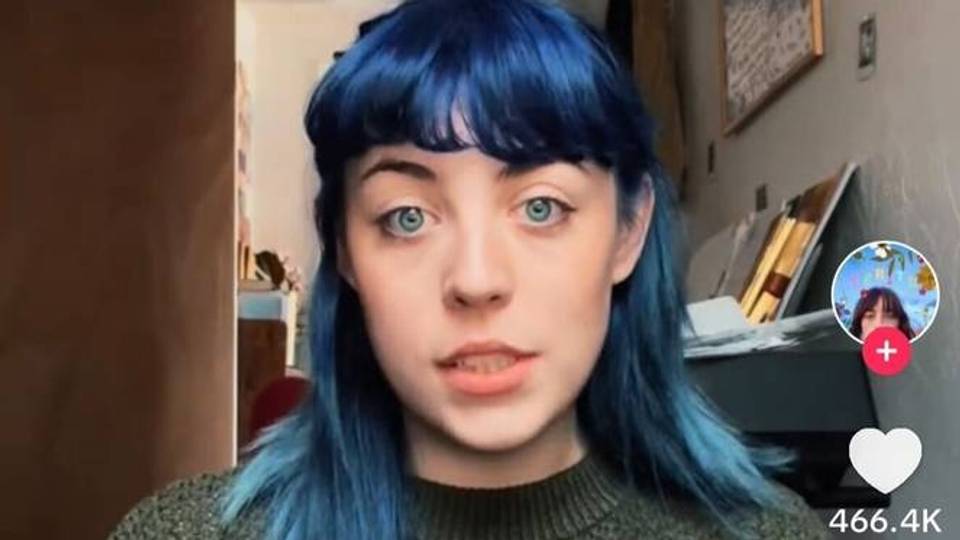
By Elizabeth Herriman
Growing up in post-Sept. 11 America as a non-Muslim, I am no stranger to Islamophobia.
From watching Jeff Dunham with his puppet, Achmed the Dead Terrorist on Comedy Central, to seeing people around me fall for rumours that former United States President Barack Obama was secretly a Muslim, to hearing the boys in my class yell, "Allahu Akbar" and joke about suicide bombers - making fun of and villainizing Muslims is something that's been normalised everywhere in America.
Many in the US associate Islam and its followers with conflicts in the Middle East, even though it is an extremely diverse religion with adherents from all over the world.
This association is a pointed and deliberate one pushed by some politicians to make it easier to justify war and violence in other countries. The desired effects are becoming unmistakably clear, as we have watched Islamophobia play out in the genocide of Palestinians in Gaza.

Since the events of October 7, I, like many other Americans, started delving into and learning more about the conflicts happening in the Middle East, investigating it myself for the first time.
What I discovered was that I do not like the way my government is using my tax dollars to fund the killing of innocent civilians. No surprise there. Just like a lot of my fellow Americans, I started boycotting companies on the Boycott, Divestment, Sanctions (BDS) movement boycott list in an attempt to keep my money out of the pockets of people who aim to use it for violence.
What I learned at that point is that, in a country with an entire culture built around consumerism, it is very hard to stop spending. At the same time that I was having this internal struggle between my values and my addictions, I started to see posts on TikTok of Muslims preparing for Ramadan.
When I looked up information about Ramadan, I found the core values of the holy month to encompass what I was trying to invoke in myself. So I decided to observe Ramadan as a non-Muslim to see what I could learn from it.
When I made my first TikTok video about Ramadan and posted it to my account, I had a humble 300 followers. My account has grown to over 20,000 followers since posting that video, and I hope I am able to reach more people who have been going through the same struggle as me. I encourage them to learn more about a religion that is often villainized in our media.
The first video ended up hitting the mark with a lot of people, Muslims and non-Muslims alike. I didn't originally plan to make a series out of it, but when some commenters made the suggestion, I saw an opportunity to combat an issue that I was seeing while advocating for the liberation of Palestine.
Time and time again, people I know have been equating Muslims and Islam to Hamas and then subsequently, terrorism. This narrative that if you are Muslim and/or from the Middle East, then you are a terrorist, is not new.
So far I have given to charity, read some of the Quran, tried on a hijab, shared information about the reality of Islam and all of the beautiful people who practise it, and I have been welcomed with the warmest words.
The propaganda spread about Islam and what its followers supposedly support has reared its ugly head over the last six months as Gaza has been ruthlessly bombarded. Over and over I see people use Islamophobia to justify it.
Amongst all the kind and encouraging comments on my video, there were also remarks regurgitating the usual slander you see against Muslims. So I decided that while I fast for Ramadan, I wanted to share my experience and make some videos combating misconceptions about the religion.
So far I have given to charity, read some of the Quran, tried on a hijab, shared information about the reality of Islam and all of the beautiful people who practise it, and I have been welcomed with the warmest words.

I have found a community of the most humble and faithful people I've ever met. The love I have been shown by the Muslim community has heavily outweighed any backlash I've received. My partner and her family have been very supportive of me as well, which has been a blessing.
I've also been able to use my newfound platform to talk about Palestine and to help share fundraisers to evacuate families out of Gaza and to stress how important it is to have an immediate and permanent ceasefire.
Fasting has been difficult but rewarding. Everyone was telling me that the first three days would be the hardest, and they were right. Those first few days, I could feel the hunger pains during the day so strongly, and I wasn't sure if I'd be able to do a full month of it.

But at the end of the day, when I'm finally able to break my fast, I feel a different sense of gratitude towards food and water than usual. I feel a sense of accomplishment and I feel more confident in my ability to discipline myself.
At this point in Ramadan, it's a lot easier to fast during the day and I'm able to focus more on the giving to others aspect of the holy month, so I'm finding more ways to finish out Ramadan trying to give back to the Muslim community as much as they've given to me.
As the month of Ramadan ends, I've made plans with other activists and organisations like Operation Olive Branch to use TikTok Live to "Adopt A Family" from Gaza and help streamline donations to their GoFundMe campaigns so they can evacuate the area.
I've found several alternatives to spending money on brands that support genocide like thrifting at second-hand shops, buying from small businesses (preferably Palestinian-owned) and using apps like No Thanks that help you avoid brands that support Israel.
My experience this Ramadan has been incredible and I've learned so much from it.
I think that anyone interested in learning more about Islam should go for it because they will find open arms and warm hearts waiting for them.
The author, Elizabeth Herriman is an American singer/songwriter and activist who lives with her partner and three cats in the mountains of Colorado.
Disclaimer: The views expressed by the author do not necessarily reflect the opinions, viewpoints and editorial policies of TRT Afrika.
➤Click here to follow our WhatsApp channel for more stories.








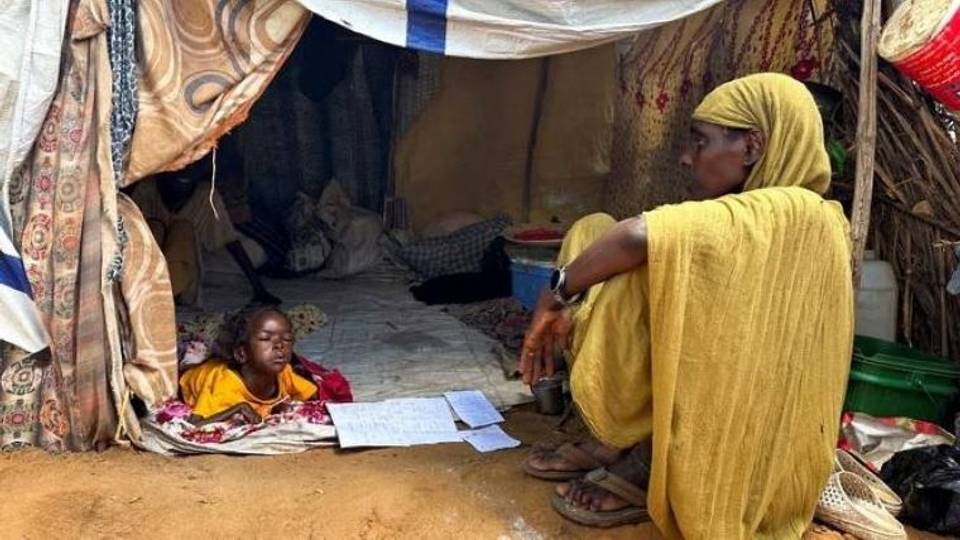
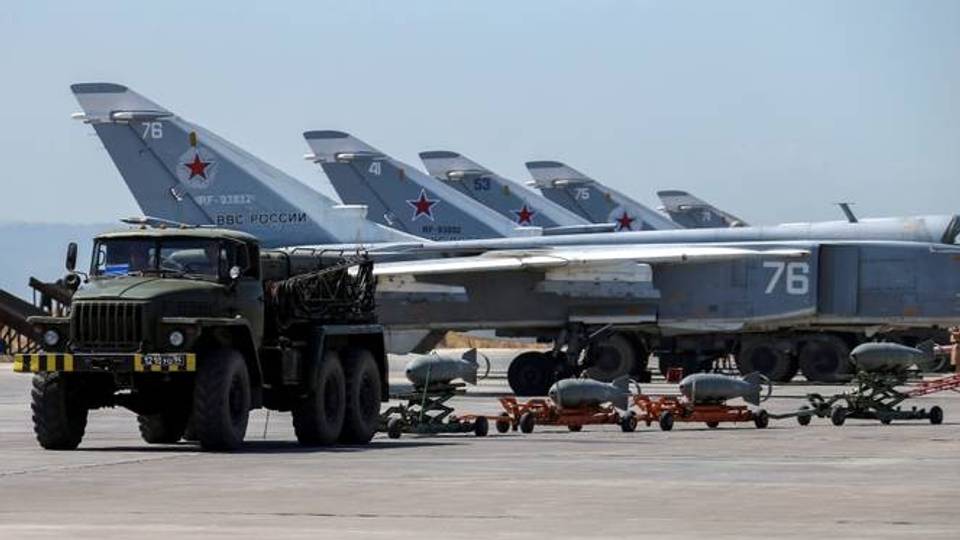
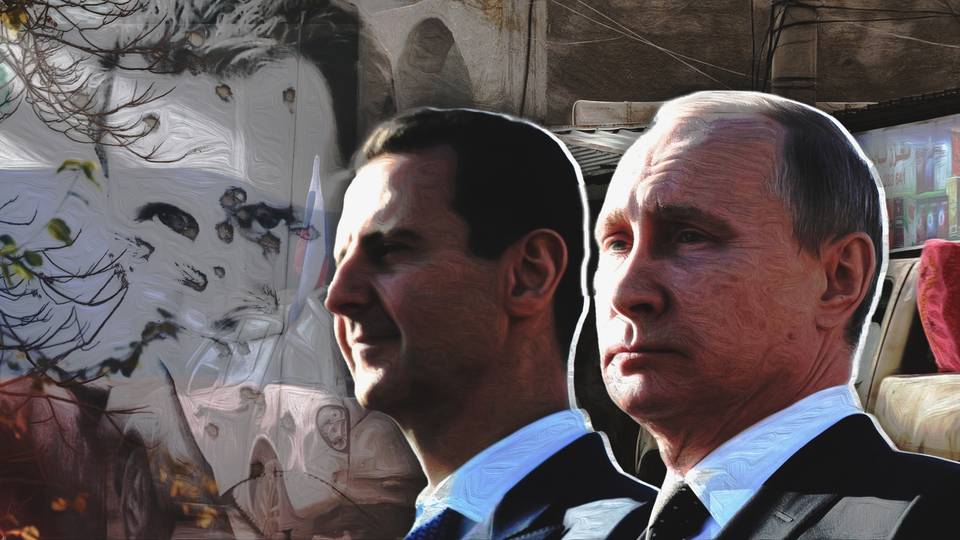
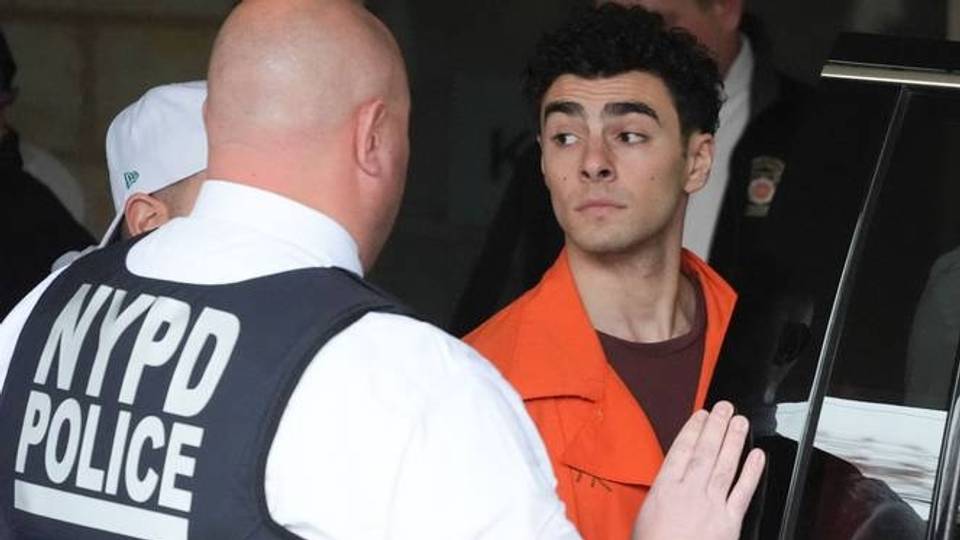








Comment